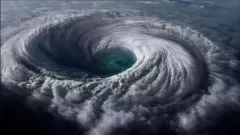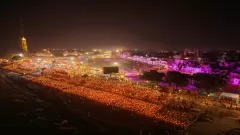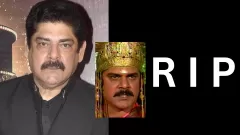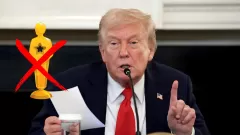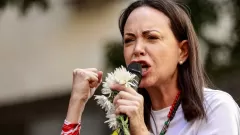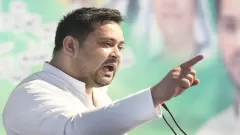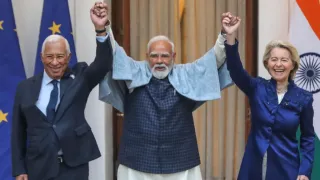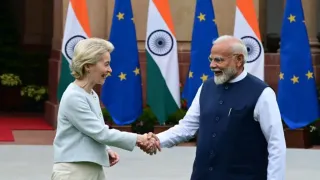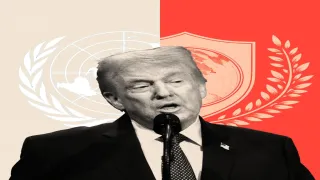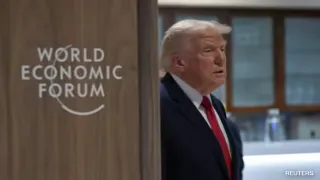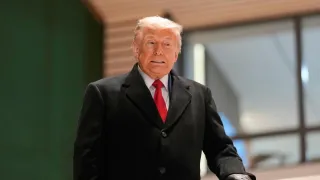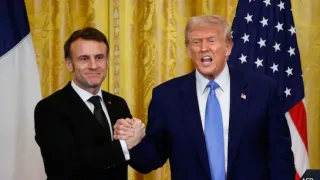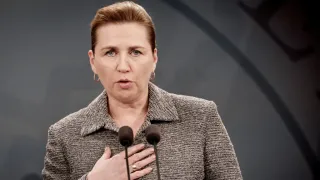Why South Korea’s President Declared Martial Law: A Historic and Controversial Move
South Korea, a nation celebrated for its thriving democracy and rapid modernization, faced an unprecedented political crisis when President Yoon Suk-yeol declared martial law late on Tuesday night. This move, the first of its kind in over 50 years, sparked intense debates, mass protests, and a swift rejection by lawmakers. Below, we delve into the context, implications, and aftermath of this momentous decision.
Why South Korea’s President Declared Martial Law
The decision to impose martial law was deeply rooted in South Korea’s volatile political landscape. Here are the key factors that contributed to this drastic measure:
President Yoon has faced relentless opposition since his election in May 2022. His administration has struggled to navigate a hostile political environment, exacerbated by:
- Opposition Dominance: In April, the opposition won a sweeping victory in general elections, leaving Yoon’s government unable to pass crucial bills.
- Corruption Scandals: Allegations against Yoon’s administration, including accusations of stock manipulation and controversies involving the First Lady, have eroded public trust.
- Impeachment Threats: The opposition moved to impeach key cabinet members, adding to the pressure.
Earlier this week, opposition parties proposed slashing government budgets, a move Yoon could not veto. Combined with efforts to investigate alleged misconduct by top officials, this created a perfect storm for political unrest.
Escalating Tensions with North Korea
Yoon’s hardline stance on North Korea, labeling his political opponents as sympathizers of the regime, added another layer of urgency. While he cited national security concerns, critics argue this justification was a smokescreen for addressing domestic challenges.
President Yoon’s announcement at 23:00 local time shocked the nation. In a televised address, he justified martial law as a means to combat “anti-state forces wreaking havoc.” Here’s how the situation evolved:
Immediate Military Mobilization

- Troops and police were deployed across Seoul, with a strong presence at the National Assembly.
- Helicopters were seen landing on the parliament's roof, signaling the seriousness of the government’s intent.
- A military statement declared a ban on political gatherings and media publications, effectively curbing civil liberties.
Opposition’s Swift Response
- Condemnation from Lawmakers: Members of both opposition and ruling parties criticized the move as unconstitutional.
- Protests at Parliament: Thousands of South Koreans, responding to opposition leader Lee Jae-myung’s call, gathered outside the National Assembly to demand the withdrawal of martial law.
- Parliamentary Rejection: In a historic session, 190 of 300 lawmakers voted to invalidate the declaration, effectively nullifying Yoon’s orders.
What is Martial Law and Why is it Controversial?
Definition and Historical Context
Martial law involves the temporary suspension of civil rights and the imposition of military rule during emergencies. In South Korea, it has a contentious history:
- Last Imposed in 1979: The assassination of military dictator Park Chung-hee led to martial law during a period of political upheaval.
- Transition to Democracy: Since 1987, South Korea has evolved into a robust parliamentary democracy, making Yoon’s declaration a stark departure from its democratic ideals.
Implications of Martial Law
The imposition of martial law has far-reaching consequences:
- Military Authority: The armed forces gain control over civil administration, often bypassing legal and constitutional frameworks.
- Suppression of Rights: Freedoms of speech, assembly, and the press are typically curtailed, as seen in the immediate aftermath of Yoon’s announcement.
- Public Distrust: In democratic societies, martial law is often viewed as an authoritarian measure, undermining public confidence in governance.
Public Reaction and Political Fallout
The backlash against Yoon’s decision was swift and widespread, highlighting the resilience of South Korea’s democratic institutions and civil society.
Mass Protests
“No martial law!” chanted thousands of citizens assembled outside the National Assembly, showcasing their commitment to non-violent resistance.
Legislative Rejection
Lawmakers acted decisively to uphold democratic norms:
- The parliamentary vote marked a significant check on executive power.
- The swift annulment of martial law reinforced South Korea’s constitutional safeguards.
Some protesters and opposition leaders have demanded President Yoon’s resignation, accusing him of endangering democracy for personal and political gain.
What Happens Next?
South Korea now faces a critical juncture in its democratic journey. Key developments to watch include:
- Legal Challenges: The opposition may pursue legal action to hold Yoon accountable for his actions.
- Political Realignments: Yoon’s political future appears uncertain, with his approval ratings likely to plummet further.
- Public Sentiment: The incident has galvanized civil society, potentially leading to increased civic engagement and advocacy for democratic reforms.




